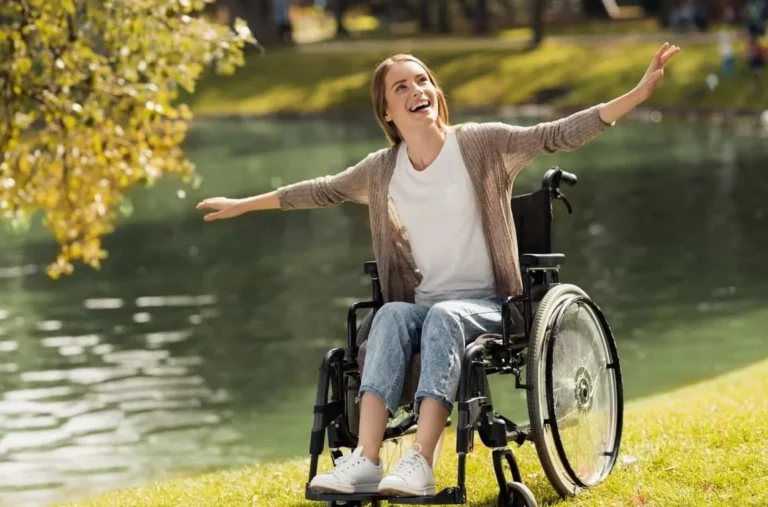There’s a very strong impulse for people with disabilities to be included and empowered. One of the critical pieces to this effort is Supported Independent Living (SIL), which is about providing hope for and dignity of independence. The National Disability Insurance Scheme (NDIS) SIL Program in Melbourne, Australia, has been the leading SIL program, giving many people with disabilities a second chance at living out their lives. In this blog, we look at how supported independent living in Melbourne improves the lives of people with disabilities.
Understanding Supported Independent Living (SIL)
In Melbourne, Supported Independent Living (SIL) is a forward-thinking way of helping people with disabilities live independently and be assisted correctly. It enables them to make decisions about their lives and be self-reliant. But there are many ways SIL can help you with things like personal care, chores, money management, fitting in socially, and more that are hard for people with disabilities to do daily. SIL makes sure each person gets the specific help they need to live the way they want.
Enhancing Independence and Dignity
At the heart of SIL is the goal of giving people with disabilities more independence and dignity. By helping with things like personal care and managing the home, SIL lets participants live on their terms, without their disabilities holding them back. Tasks that might seem simple to others, like cooking or doing laundry, mean a lot to SIL participants—they’re symbols of what they can achieve and how self-sufficient they can be.
The feeling of achievement and pride that comes with these tasks is huge. For many SIL participants, being able to do everyday things by themselves gives them confidence and a sense of worth. It inspires them to go after their goals and dreams with even more determination.
Fostering Community Integration
Supported Independent Living in Melbourne has a big impact on bringing people with disabilities into the community. With personalised support plans, participants are encouraged to join in local activities, make friends, and build connections. This feeling of belonging is really important because it fights against the isolation and exclusion that people with disabilities often feel.
Whether they’re joining clubs, going to events, or helping out, SIL participants become active parts of Melbourne’s social life, making life better for everyone. SIL participants help change other people’s perceptions about disability, and shine a light on talent and ability.
Promoting Skill Development and Employment Opportunities
SIL programs go beyond just providing immediate help—they also focus on helping people develop skills and find jobs. By empowering individuals with disabilities to improve their abilities and pursue their career goals, SIL opens up new opportunities for them to be financially independent. Supported Independent Living in Melbourne works with training centres and employers to create paths for SIL participants to get meaningful jobs, giving them a sense of purpose and satisfaction.
Empowering Choice and Control
At the core of SIL is the idea of giving people the power to choose and control their lives. Participants actively decide on the support they get, making sure their preferences and goals are honoured. Whether it’s picking support workers, planning their day, or setting future goals, SIL lets people shape their lives how they want. This feeling of being in charge boosts confidence and self-worth, leading to personal growth and happiness.
Choice and control aren’t just words; they’re basic human rights that need to be respected and protected. SIL programs see the worth in every person and aim to make places where participants feel valued and respected.
Overcoming Challenges and Building Resilience
The journey of SIL with Melbourne NDIS can be life-changing, but it’s not always easy. Participants might face different challenges, from practical problems to emotional struggles. However, with determination and support from their SIL providers and the community, people with disabilities can overcome these challenges. The strength and resilience of the participants are strengthened by each success against the difficulty and encourages others to begin their way towards empowerment.
Challenges aren’t roadblocks; they’re chances to grow and learn. SIL participants learn to adapt and find new ways to deal with tough times, getting more vital from their experiences and the support they receive.
Conclusion:
Supported Independent Living (SIL) in Melbourne is a source of hope for people with disabilities, giving them ways to be independent, respected, and satisfied. With personalised help, fitting into the community, and feeling empowered, SIL programs change participants’ lives, helping them overcome obstacles and grab chances. As we keep pushing for everyone to be included and accepted, let’s reflect on the transformative impact of SIL in Melbourne and beyond, making a better future for people with disabilities and society as a whole.
